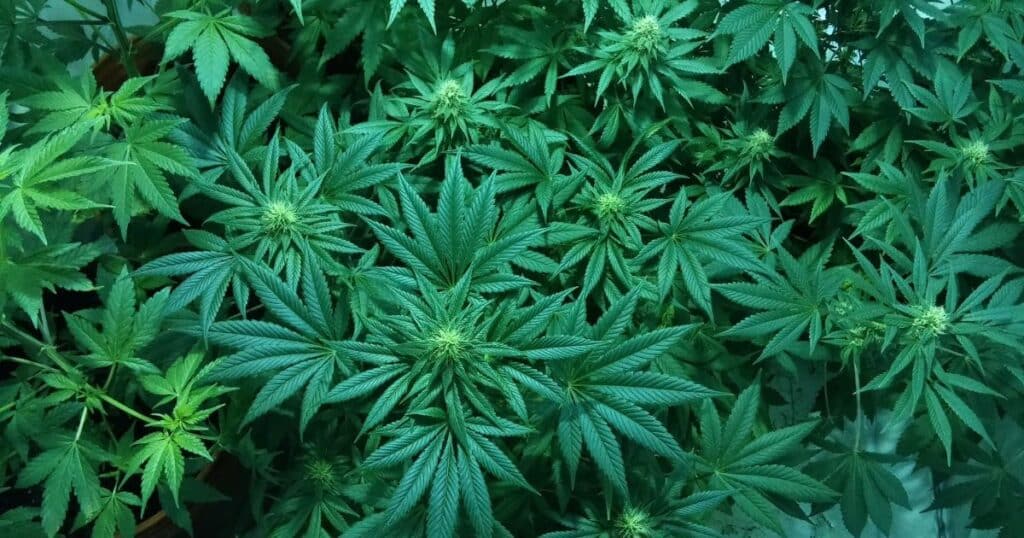Navigating the world of CBD can be overwhelming, especially when you’re confronted with terms like broad spectrum CBD, full spectrum CBD, and CBD isolate. Each type has unique properties and benefits, and understanding their differences can help you choose the right product for your needs. In this article, we’ll break down the key distinctions between these three CBD types, their benefits, and how to decide which is best for you.
What Is Full Spectrum CBD?
Full spectrum CBD refers to products that contain all the natural compounds found in the cannabis plant, including:
- Cannabinoids: CBD, trace amounts of THC (usually less than 0.3%), and other minor cannabinoids like CBG and CBN.
- Terpenes: Aromatic compounds that may contribute to the “entourage effect.”
- Flavonoids: Plant compounds with antioxidant properties.
Benefits:
- Entourage Effect: The combination of cannabinoids and terpenes may enhance therapeutic effects.
- Potentially more effective for pain relief, anxiety, and inflammation due to the synergy of compounds.
Considerations:
- Trace amounts of THC could show up on drug tests.
- Not ideal for individuals sensitive to THC.
What Is Broad Spectrum CBD?
Broad spectrum CBD is similar to full spectrum CBD but without THC. It contains:
- Multiple cannabinoids like CBD, CBG, and CBN.
- Terpenes and flavonoids.
Benefits:
- Provides the entourage effect without THC.
- Suitable for individuals wanting to avoid THC for personal or professional reasons.
Considerations:
- Slightly less potent than full spectrum CBD due to the absence of THC.
- Quality can vary depending on the extraction process.
What Is CBD Isolate?
CBD isolate is the purest form of CBD, containing no other cannabinoids, terpenes, or flavonoids. It’s typically over 99% pure CBD.
Benefits:
- THC-free, making it ideal for users concerned about drug testing.
- Odorless and flavorless, making it versatile for use in food or beverages.
- Suitable for those with sensitivities to other cannabinoids or terpenes.
Considerations:
- No entourage effect.
- May require higher doses to achieve similar therapeutic benefits compared to full or broad spectrum CBD.
Broad Spectrum CBD vs. Full Spectrum CBD
| Feature | Broad Spectrum CBD | Full Spectrum CBD |
|---|---|---|
| Contains THC | No | Yes (trace amounts) |
| Entourage Effect | Yes | Yes |
| Drug Test Risk | Low | Higher |
| Best For | THC sensitivity | Maximum therapeutic benefits |
Full Spectrum CBD vs. Isolate
| Feature | Full Spectrum CBD | CBD Isolate |
|---|---|---|
| Contains Other Cannabinoids | Yes | No |
| Entourage Effect | Yes | No |
| THC Content | Trace amounts | None |
| Best For | Enhanced effects | THC-free use |
Broad Spectrum CBD vs. Isolate
| Feature | Broad Spectrum CBD | CBD Isolate |
|---|---|---|
| Contains THC | No | No |
| Entourage Effect | Yes | No |
| Cannabinoid Content | Multiple | Only CBD |
| Best For | Moderate therapeutic benefits without THC | Absolute purity |
How to Choose the Right CBD Type for Your Needs
When selecting a CBD product, consider the following:
- Purpose: If you’re looking for maximum therapeutic benefits, full spectrum CBD might be your best bet.
- THC Sensitivity: Opt for broad spectrum CBD if you want the entourage effect without THC.
- Drug Testing: Choose CBD isolate if you’re concerned about THC showing up on tests.
- Taste Preferences: If you dislike the earthy taste of full or broad spectrum CBD, CBD isolate’s flavorless profile could be ideal.
For more insights and CBD options, check out these resources from Beard Bros Pharms:
Understanding the distinctions between broad spectrum CBD, full spectrum CBD, and CBD isolate is essential for finding the best product for your wellness journey. By tailoring your choice to your individual needs and preferences, you can unlock the full potential of CBD.


















